Turn All Business Travel Into a Holiday
with a Team That Understands
What You Need
Upcoming Trade Shows in for Electric & Electronics
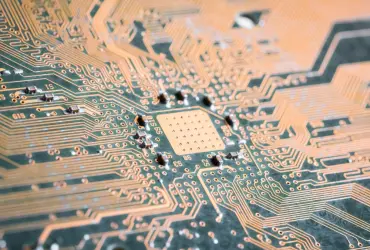
LOPEC 2026, Munich, Germany
25 - 26 Feb 2026
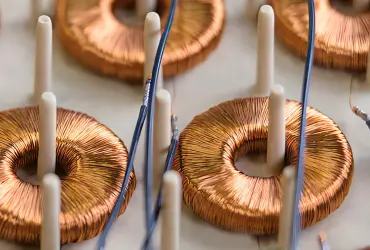
EMV 2026, Köln, Germany
24 - 26 Mar 2026

HKTDC Hong Kong Electronics Fair 2026, Hong Kong, Hong Kong
13 - 16 Apr 2026
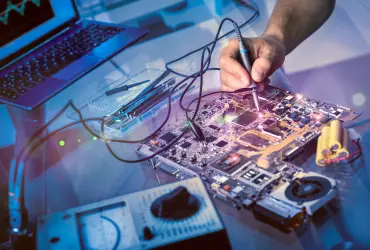
CWIEME Berlin 2026, Berlin, Germany
19 - 21 May 2026
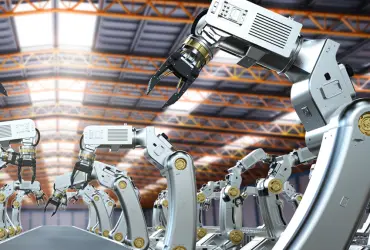
SPS IPC Drives Italia 2026, Parma, Italy
26 - 28 May 2026

Computex Taipei 2026, Taipei, Taiwan
2 - 5 Jun 2026
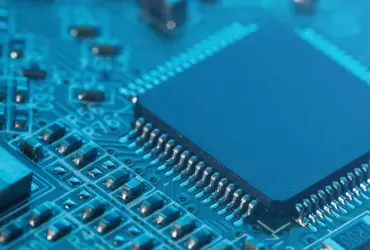
PCIM 2026, Nurnberg, Germany
9 - 11 Jun 2026
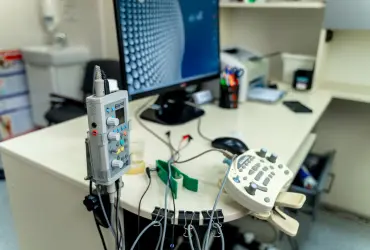
SENSOR + TEST 2026, Nurnberg, Germany
9 - 11 Jun 2026
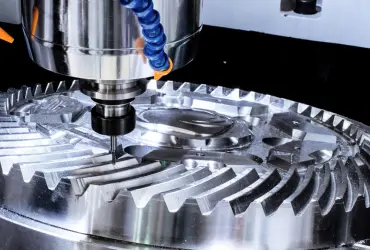
WIN EURASIA METALWORKING 2026, Istanbul, Turkey
10 - 13 Jun 2026

IFA Berlin 2026, Berlin, Germany
4 - 8 Sep 2026

MICRONORA 2026, Besançon, France
29 Sep - 2 Oct 2026

VISION 2026, Stuttgart, Germany
6 - 8 Oct 2026
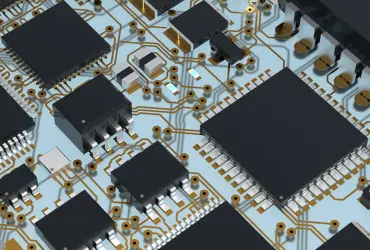
SEMICON EUROPA 2026, Munich, Germany
10 - 13 Nov 2026

electronica 2026, Munich, Germany
10 - 13 Nov 2026
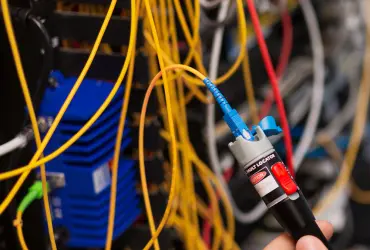
MATELEC 2026, Madrid, Spain
24 - 26 Nov 2026
The electronics manufacturing industry has had an explosive couple of years, riding high off the success and new avenues afforded by organic electronics, the integration of artificial intelligence (AI), and innovations in component design and manufacturing. These trends promise to enhance efficiency, sustainability, and functionality in both consumer and industrial electronics.
Organic electronics are changing the face of the industry with their numerous advantages over traditional inorganic counterparts. These materials are cost-effective, flexible, lightweight, and consume less power. Their eco-friendly nature is particularly appealing in an era of heightened awareness about sustainable development. The use of biodegradable and recyclable materials, along with microbial components in circuit design, is setting a new standard for environmentally conscious manufacturing. Japanese startup Flask is at the forefront of this trend. The company develops materials for organic displays, lighting, and solar cells. Their products include electron transport and injection materials, light-emitting substances, and coating materials for organic solar cells. These innovations enable manufacturers to produce high-efficiency devices that consume less power and are adaptable to next-generation materials. Similarly, Koala Tech, another Japanese startup, is making strides with its organic semiconductor laser diode. This technology leverages organic fluorescent semiconductors, which are easier, safer, and faster to process into thin films. The result is a low-cost light source that integrates seamlessly into OLED and organic electronic platforms.
We can’t discuss immense potential without discussing the role of AI, which is rapidly gaining traction within electronics manufacturing. It impacts the sector by driving demand for AI-capable components and by optimizing product design and manufacturing processes. Traditional methods often fall short in reshaping product development cycles, improving design processes, and reducing defects. AI addresses these challenges effectively. The electronics industry sees many players tap into the market including Cybord, which offers AI-based component inspection software.
GET A FREE QUOTE
Looking for a hotel accommodation for particular trade show or exhibition.
Send us a general enquiry and we will find the best options for you
Send us a general enquiry and we will find the best options for you